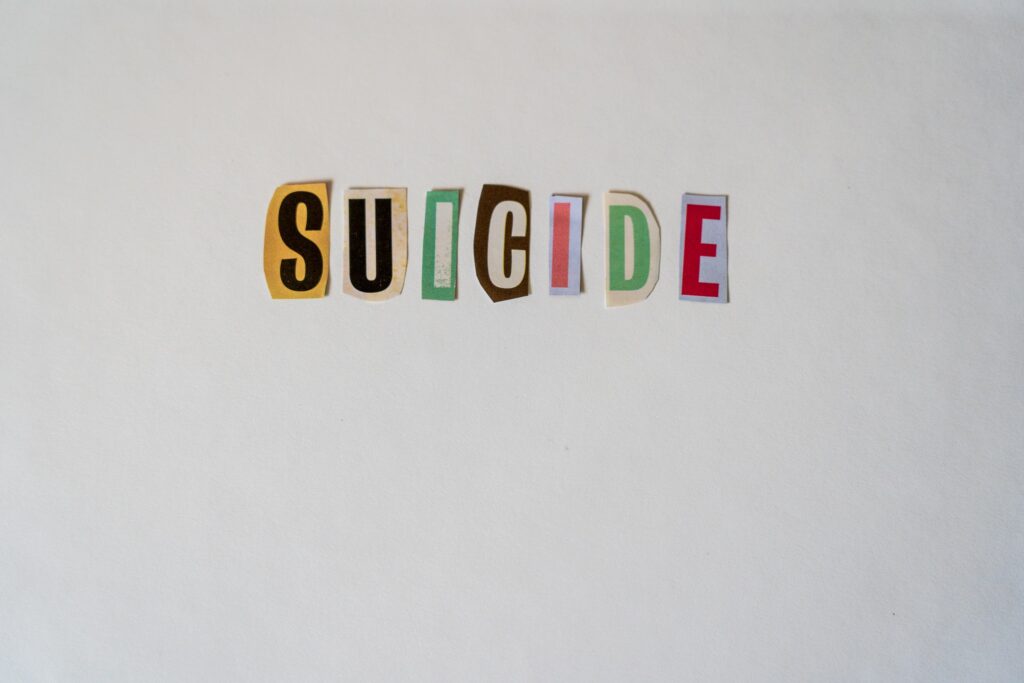Traditionally, men must be tough and asking for help is a sign of weakness. Such rigid gender norms may make it difficult for men to reach out and ask for support when needed. Compared to women, who are more likely to express their feelings, men are less likely to reveal their inner struggles to other male friends or colleagues. Society often appears to discourage emotional expression, or at least men are less likely to be in a position to open up.
Often men do not disclose feelings of depression to their doctors when, from a medical perspective, this is the perfect place to start treatment. When they do, it is described in terms of having problems at work or in relationships. Men also tend to express their feelings as “stress” rather than sadness or hopelessness. There is still a stigma around the condition being a mental illness rather than “just taking on too much work” or “having issues in the bedroom”.
Men are less likely to seek help for emotional problems. Research suggests that depression is diagnosed less frequently in men because of the tendency to deny illness, self-monitor symptoms, and self-treat.
Men may be more likely to self-medicate symptoms of depression with alcohol and other substances. Self-treatment may alleviate the symptoms, but it is not a long-term solution.
Perhaps most unsettling is that 90% of those who died by suicide had a diagnosable mental health condition at the time of their death. Source: (brgeneral.org)
There are strategies that both individuals and communities can use to help reduce the risk of male suicide. You should no longer be considered nosey or intrusive to ask someone how they feel if you see signs of depression. Intervention is better than ignoring the situation and hoping it will go away. Symptoms of depression in men include irritability, social withdrawal, anxiety, loss of interest or pleasure, physical pains and complaints, engaging in risky behaviours, misusing drugs and alcohol, and being unable to keep up with routine daily tasks. You should be free to offer support. Ask what you can do to help and let the person know you are there to listen.
Don’t ignore the signs. If you hear suicidal talk or statements, you must act immediately. Tell the person your concerns about them, describing the behaviours that have caused you to be concerned about suicide. Emotional and practical support is important for helping people adjust their circumstances to restore well-being. The warning signs listed above do not inevitably lead to suicide attempts. However, people who feel suicidal often report a certain kind of tunnel vision, of being unable to see the broader picture and thinking only in terms of black and white. In such circumstances, that individual may not be motivated to seek out help for themselves. It often falls on others to offer support by listening, offering encouragement, and sometimes even challenging the preconceptions that people hold about themselves, such as their abilities and worth to society.
There are effective treatments for depression. Psychotherapy, antidepressants, and often a combination of both can be effective in reducing symptoms of depression and lowering the risk of suicide.





